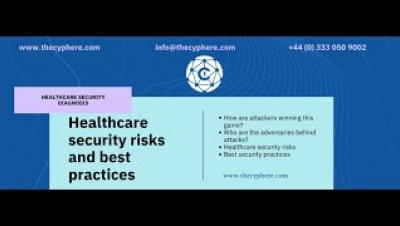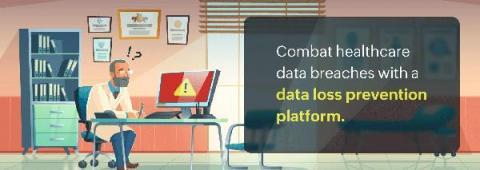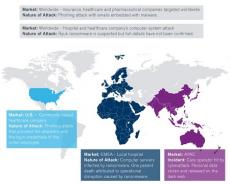What Are the HIPAA Standard Transactions?
The Department of Health and Human Services (HHS) defines a transaction as an electronic exchange of information between two parties, to carry out financial or administrative activities related to healthcare. For example, a health care provider will send a claim to a health plan to request payment for medical services.









